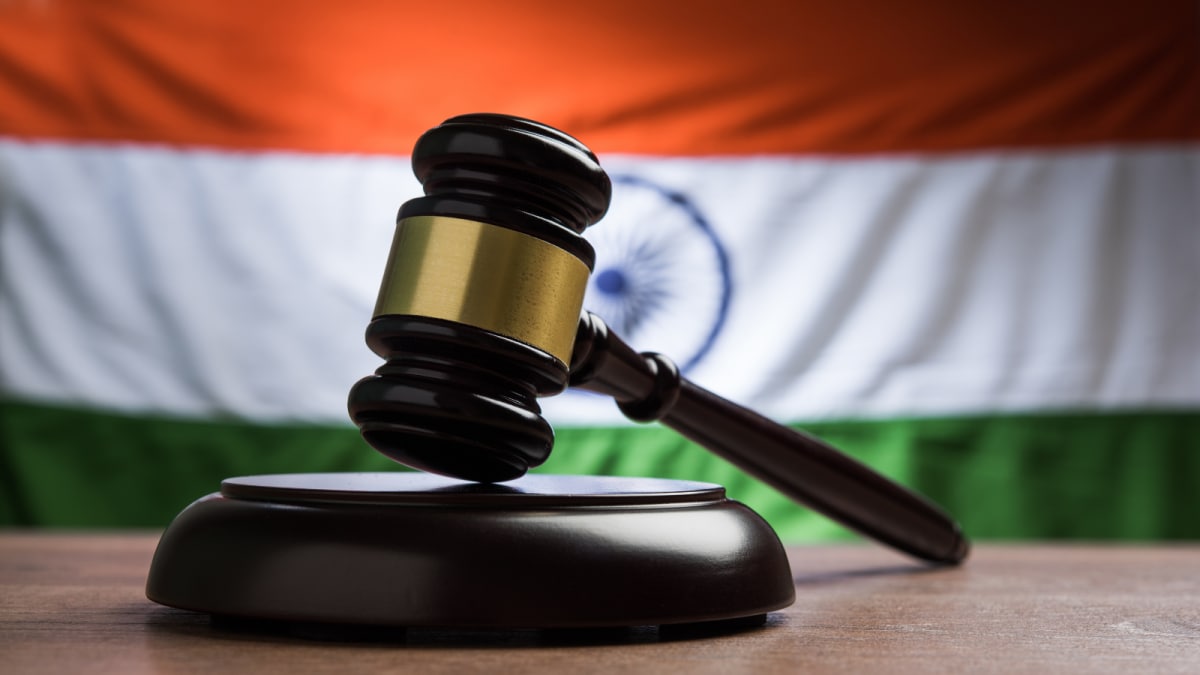Last Updated:
The bench underlined that criminal trials require proof beyond reasonable doubt.

Suspicion, however strong, cannot replace evidence, HC said.
The Andhra Pradesh High Court recently refused to interfere with the acquittal of a Guntur man accused by his wife of cruelty under Section 498A of the IPC, stressing that allegations of harassment must be supported by clear and convincing evidence, not general accusations.
The bench of Justice T. Mallikarjuna Rao, on September 19, dismissed the criminal revision petition filed by Kattabathuni Seethamahalakshmi against her husband, Nandam Venkata Malleshwara Rao. She had sought to overturn a 2010 trial court verdict that cleared him of charges of physical and mental cruelty.
Recommended Stories
Seethamahalakshmi, a pharmacist, told the courts that her husband was addicted to alcohol and gambling, forcibly took her salary, and misused her provident fund savings. She also alleged that he once threatened her at knifepoint to sign blank cheques and later demanded Rs 25 lakh to settle debts, going so far as to assault her and kidnap their children during a quarrel.
The prosecution, relying on her testimony and statements from family and neighbours, pressed for conviction. But the trial court in Tenali found inconsistencies and gaps in the evidence, noting the absence of documents to prove financial transfers or the alleged misuse of cheques. The court also pointed out that her mother, examined as a witness, did not corroborate claims of harassment.
On appeal, the High Court observed that while financial demands might create tension in a household, “a mere demand by the husband to provide funds for repayment of debts, in itself, does not amount to harassment under the law.”
The bench underlined that criminal trials require proof beyond reasonable doubt. Vague accounts, uncorroborated allegations, and the lack of specific dates or records, he said, weaken the prosecution’s case. Suspicion, however strong, cannot replace evidence.
Referring to the Supreme Court’s decision in Ganesha v. Sharanappa (2014) and Bindeshwari Prasad Singh v. State of Bihar (2002), the High Court reiterated that interference in an acquittal is warranted only in cases of glaring illegality or miscarriage of justice. No such flaw was found here.
“Apart from levelling omnibus and generalised allegations, the prosecution has failed to discharge its burden of proof by producing corroborative material evidence in support of its version,” the High Court noted, adding that the trial court’s conclusion was both judicious and well-reasoned.
About the Author

Salil Tiwari, Senior Special Correspondent at Lawbeat, reports on the Allahabad High Court and courts in Uttar Pradesh, however, she also writes on important cases of national importance and public interests fr…Read More
Salil Tiwari, Senior Special Correspondent at Lawbeat, reports on the Allahabad High Court and courts in Uttar Pradesh, however, she also writes on important cases of national importance and public interests fr… Read More
September 26, 2025, 18:34 IST
Loading comments…
Read More



